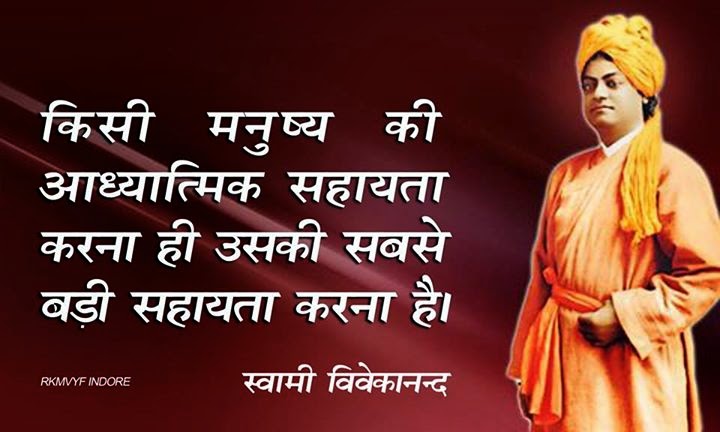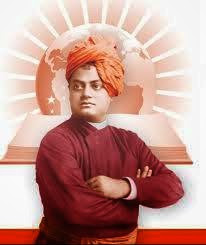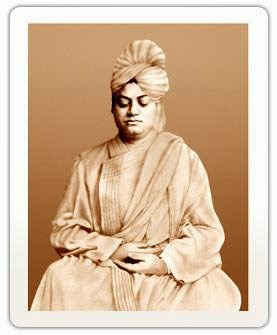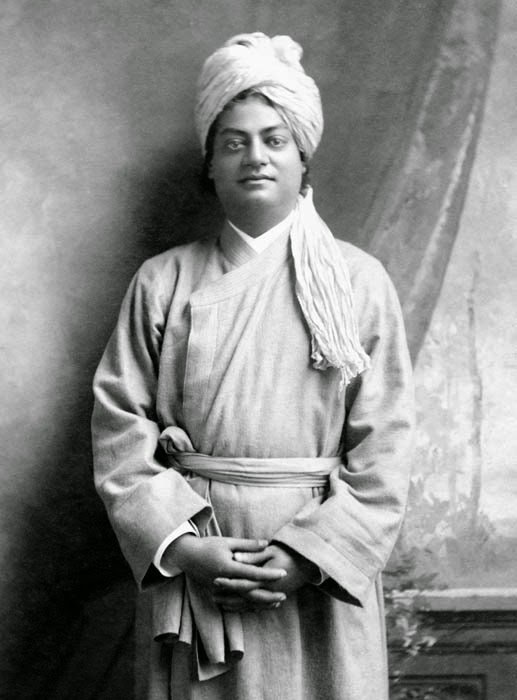Karma-Yoga : Ch-5. Part-12.

Chapter-5. WE HELP OURSELVES, NOT THE WORLD : Part-12. "If you fail to give him work, he will take your life." The man replied, "That is easy; I can give him work for all his life." Then he went to a forest, and after long repetition of the magic word, a huge ghost appeared before him, and said, "I am a ghost. I have been conquered by your magic; but you must keep me constantly employed. The moment you fail to give me work I will kill you." The man said, "Build me a palace," and the ghost said, "It is done; the palace is built." "Bring me money," said the man. "Here is your money," said the ghost. " Cut this forest down, and build a city in its place." "That is done," said the ghost, "anything more?" Now the man began to be frightened and thought he could give him nothing more to do; he did everything in a trice. The ghost said, "Give me somethi...












